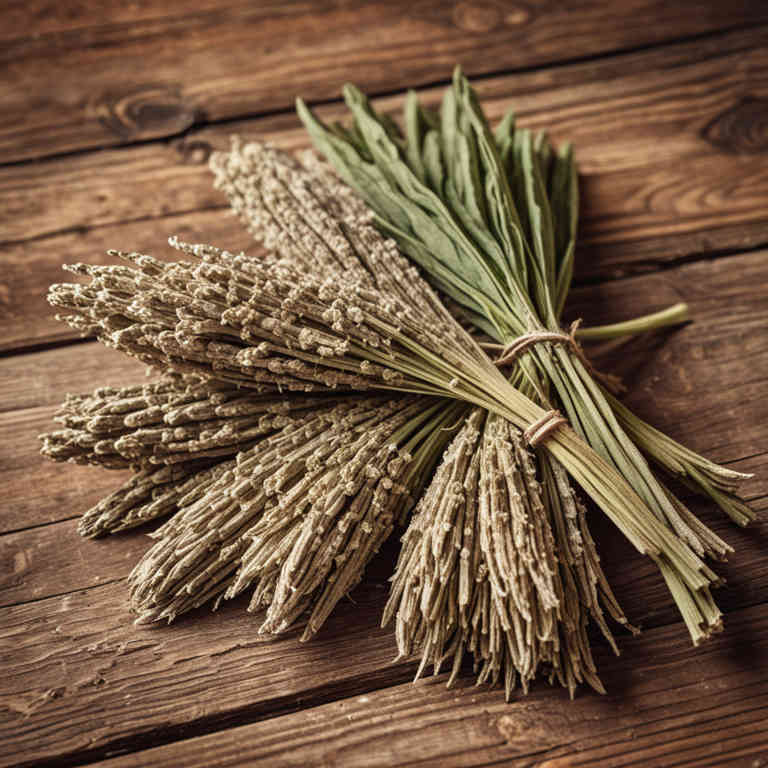Plantago lanceolata mucillage for medicinal use

Plantago lanceolata mucillage is a thick, sticky substance extracted from the leaves of the plant known as plantain.
This preparation is rich in mucilage, a type of polysaccharide that has soothing and demulcent properties. In herbalism, it is commonly used to alleviate inflammation and irritation in the digestive tract. It can be taken internally as a tonic or applied externally to treat skin conditions and wounds.
Its mild and versatile nature makes it a valuable remedy in traditional healing practices.
Uses
Plantago lanceolata mucillage has been used to treat respiratory and digestive ailments for centuries.
Historically, it was valued in traditional medicine systems like Ayurveda and Chinese medicine for its soothing properties. The mucilage, a gel-like substance, was traditionally used to alleviate coughs, sore throats, and inflammation in the gastrointestinal tract. In modern times, it is used as a natural demulcent and is found in various herbal supplements and throat lozenges.
Scientific studies suggest it may have anti-inflammatory and antioxidant properties, supporting its continued use in contemporary herbal practices.
Benefits
Plantago lanceolata mucillage has health benefits such as soothing inflammation, supporting digestive health, and promoting respiratory wellness.
This preparation, derived from the plantain plant, contains a rich mucilage that acts as a natural demulcent, helping to coat and protect mucous membranes. It is commonly used to alleviate symptoms of coughs, sore throats, and gastrointestinal irritation. The mucilage may also aid in reducing inflammation in the urinary tract and improving overall immune function.
Due to its gentle and nourishing properties, it is considered safe for long-term use in various herbal remedies.
Constituents
Plantago lanceolata mucillage active constituents include polysaccharides, mucilage, and flavonoids.
These compounds contribute to the preparation's demulcent and anti-inflammatory properties. Polysaccharides help soothe irritated mucous membranes, making it beneficial for digestive and respiratory tract conditions. Mucilage acts as a natural lubricant, aiding in the relief of coughs and sore throats.
Flavonoids provide antioxidant support, enhancing the overall therapeutic value of the preparation.
Preparation
To make Plantago lanceolata mucillage, start by harvesting fresh leaves of the plant during the growing season.
Wash the leaves thoroughly and chop them into small pieces to release the mucilage. Place the chopped leaves in a pot and add enough water to cover them, then bring to a gentle simmer over low heat. Let the mixture simmer for about 15-20 minutes, allowing the mucilage to dissolve into the water.
Strain the liquid through a fine mesh or cheesecloth to collect the mucilage-rich decoction, which can then be used as a soothing remedy for respiratory or digestive ailments.
Side Effects
Plantago lanceolata mucillage may lead to gastrointestinal discomfort in some individuals, including bloating, nausea, and diarrhea, due to its high mucilage content.
It is generally considered safe when used in moderate amounts, but excessive consumption can cause stomach upset or interfere with the absorption of certain medications. The mucilage can also form a thick coating in the digestive tract, potentially slowing down digestion. Long-term use may contribute to nutrient malabsorption or dependency on the preparation for digestive relief.
Individuals with known allergies to plants in the Plantaginaceae family should avoid it, as it may trigger allergic reactions.